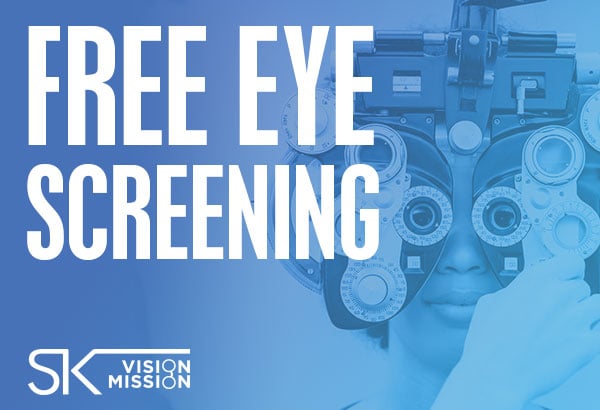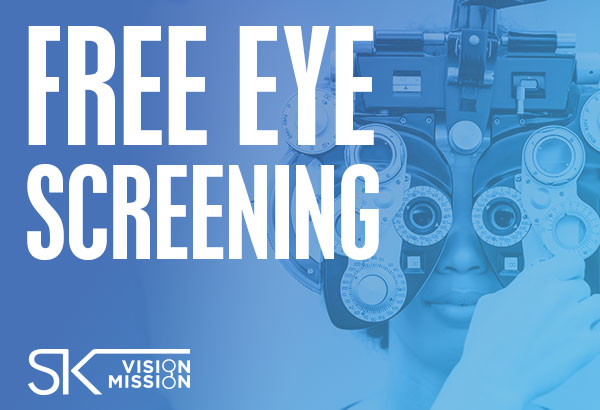To celebrate Eye Care Awareness Month, Vision Mission held a National Eye Screening Day on 10 October 2019. Ster-Kinekor’s flagship CSI initiative joined forces with optometrists to offer free eye screening to children at 22 Ster-Kinekor cinemas. As well as reaching out to children who might otherwise miss out on critical eye care, the nationwide event also set out to educate the public on the importance of eye health and the need for regular eye tests – because Ster-Kinekor knows that #SeeingIsBelieving.
#SeeingIsBelieving: Ster-Kinekor cinemas step up as sites for healthy eyes
Press_Release
2019-10-10

Vision Mission is supported by Ster-Kinekor’s customers, many of whom opt to add R2.50 or more when they buy tickets to the cinema. These donations pay for eye tests and, where needed, spectacles for children whose parents would otherwise struggle to afford them.
Three-quarters of the world’s 1.4 million blind children live in developing countries such as South Africa, and their blindness can lead to poorer education, social isolation and increased poverty. For every blind child, three children have serious vision impairment and 13 need eyeglasses. Worldwide, nearly 17 million children with low vision or blurred eye sight lack visual aids, services, or spectacles. Another 13 million children experience refractive errors (near-sightedness, far-sightedness, and astigmatism).
“In so many cases, early detection and treatment of eye problems can be life-changing,” says Geraldine Engelman, Head of CSI, Wellness and Transformation for Ster-Kinekor. “Early treatment can mean that a child’s vision develops normally, and providing spectacles to children who need them can help them to thrive – at school, on the sports field and socially. Through Vision Mission, Ster-Kinekor, therefore, sets out to bring critical eye care to as many youths in underprivileged communities as possible. This year, in addition to screenings held at schools and other locations, we decided to cast our net even wider by introducing a national screening day.”
The free eye screenings took place at the following Ster-Kinekor cinemas nationwide: Rosebank Cinema Nouveau, Newtown, Sandton, Fourways, Cresta, Mall of the North, Northern Cape Mall, Mimosa, Vaal Mall, Mall of Africa, Cradle Stone, Maponya Mall, Sterland, Boardwalk, Shelly Beach, Baywest, Cape Gate, Cavendish Commercial, Blue Route, Somerset Mall, Promenade Mitchells, and Garden Route Mall.
Since its inception in October 2005, Vision Mission has brought eye screenings to over 336 547 disadvantaged learners, provided spectacles to 15 549 of them and restored sight to 24 young people through corneal transplants. Earlier this year, the initiative broadened its efforts; it now also seeks to assist learners with audiology challenges or hearing impairments, which are most commonly caused by ear infections.
“Ultimately, we aim to eliminate preventable blindness in South Africa,” says Geraldine Engelman. “It’s an ambitious goal and one we will keep working towards, with the support of generous moviegoers and partnerships forged across South African society”.


Subscribe today and watch even more movies, for less.
Thank You!
Your email has successfully been subscribed.
Activation Code Sent
Please check your mail in order to activate your account.